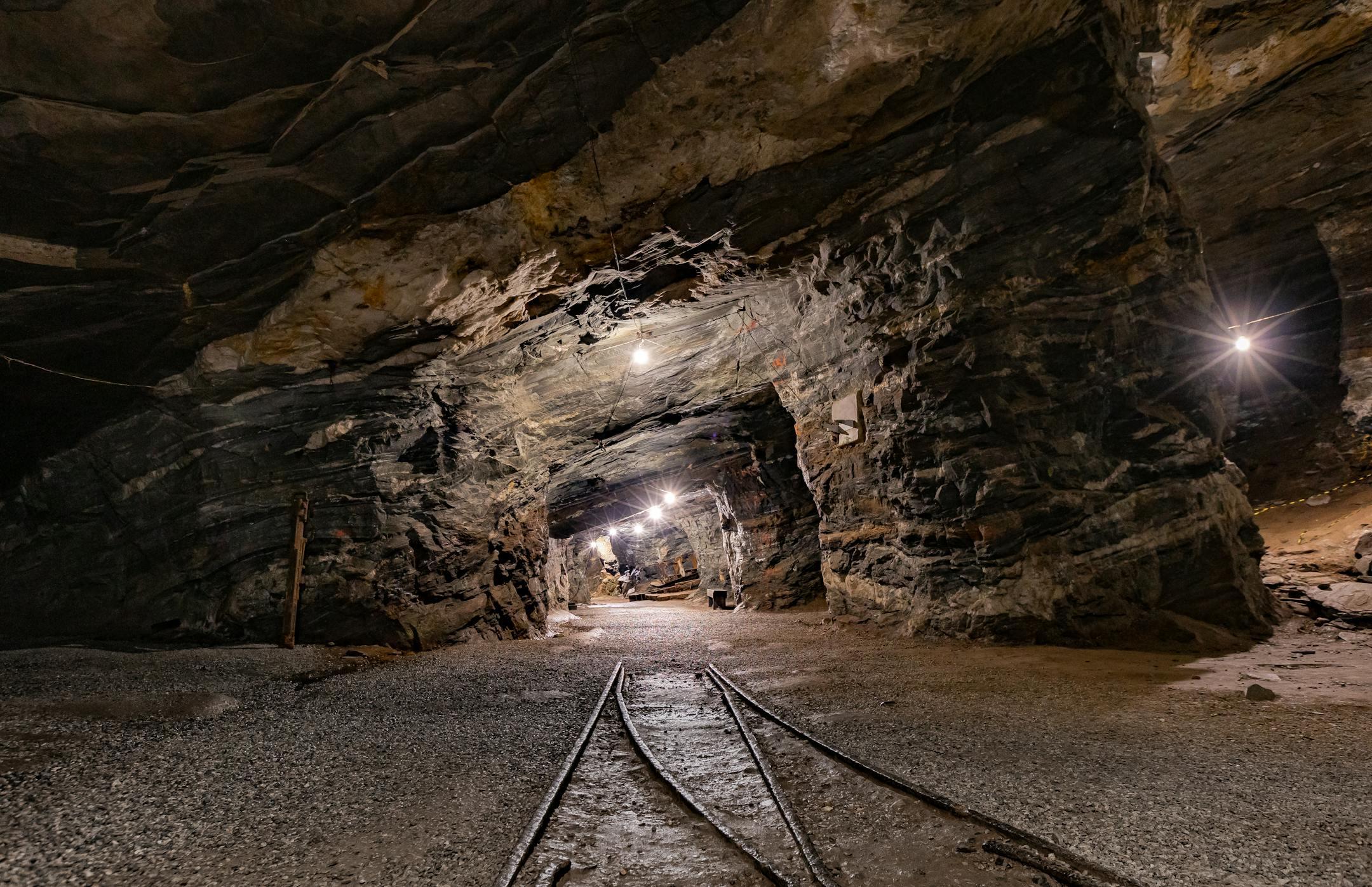
There is a debate among investors centered around mineral rights vs royalty rights, but understanding the differences between the two is crucial. Both types of rights offer unique benefits and financial implications, so choosing the best option depends on a variety of factors, including risk tolerance, long-term financial goals, and land ownership considerations.
What Are Mineral Rights?
Mineral rights refer to the legal ownership of subsurface resources, such as oil, gas, coal, and other valuable minerals beneath a parcel of land. When you own mineral rights, you have the authority to extract, lease, sell, or develop these resources, independent of the surface rights owner.
Owners of mineral rights can choose to develop the minerals themselves, but most often, they lease the rights to an oil and gas company in exchange for a bonus payment and future royalties if production occurs. Mineral rights holders benefit from complete control over how their resources are extracted, making this a potentially high-reward investment. However, mineral rights ownership also comes with financial responsibilities, including taxes, legal fees, and management costs associated with leasing or selling the rights.
What Are Royalty Rights?
Royalty rights, on the other hand, are a more passive form of ownership in the mineral rights vs royalty rights debate. Instead of controlling the extraction process, royalty rights holders receive a percentage of the revenue generated from oil, gas, or mineral production. Royalty owners do not own the actual minerals or have the authority to lease, drill, or develop the land. Instead, they simply collect payments based on the production levels and market prices.

Because royalty owners are not responsible for the expenses of drilling, equipment, or operational costs, they enjoy financial benefits without the liabilities that mineral rights owners face. However, since royalty rights are dependent on production, their value fluctuates based on market conditions and the operational decisions of the production company.
Mineral Rights vs Royalty Rights.
One of the most significant differences between mineral rights and royalty rights is the level of control and responsibility involved. Mineral rights owners have the ability to lease, sell, or develop the land themselves, giving them greater authority over production but also requiring them to take on more financial risk. In contrast, royalty rights holders do not control production decisions, but they still receive a steady income from the extracted resources without incurring operational costs.
Another major distinction is ownership permanence. Mineral rights owners have long-term ownership, meaning they can lease the rights multiple times over decades. Royalty rights, however, last only as long as the well or mine is producing; once production ceases, the income stream ends.
Deciding Between Mineral Rights vs Royalty Rights.
For those looking for long-term control and high-reward potential, mineral rights may be the better choice. While mineral rights require more involvement and financial responsibility, they offer the potential for significant profits if a valuable resource is discovered and developed. This option is best suited for investors who want a more active role in their mineral assets.
If you prefer a lower-risk, passive income stream, royalty rights may be the best option. Royalty rights provide a steady revenue flow without the burden of leasing negotiations, legal management, or extraction expenses. Investors who want to avoid the complexities of mineral ownership but still benefit from resource production may find this option more appealing.
Know Your Rights!
Momentum Minerals is your trusted mineral rights experts, and we acquire and manage royalties, minerals, and overriding royalties across the country. We have built industry partnerships that gives us the resources to move quickly and close on transactions of any size, providing you with competitive payments for your assets. You can learn more about our team online, or contact us to get started today.